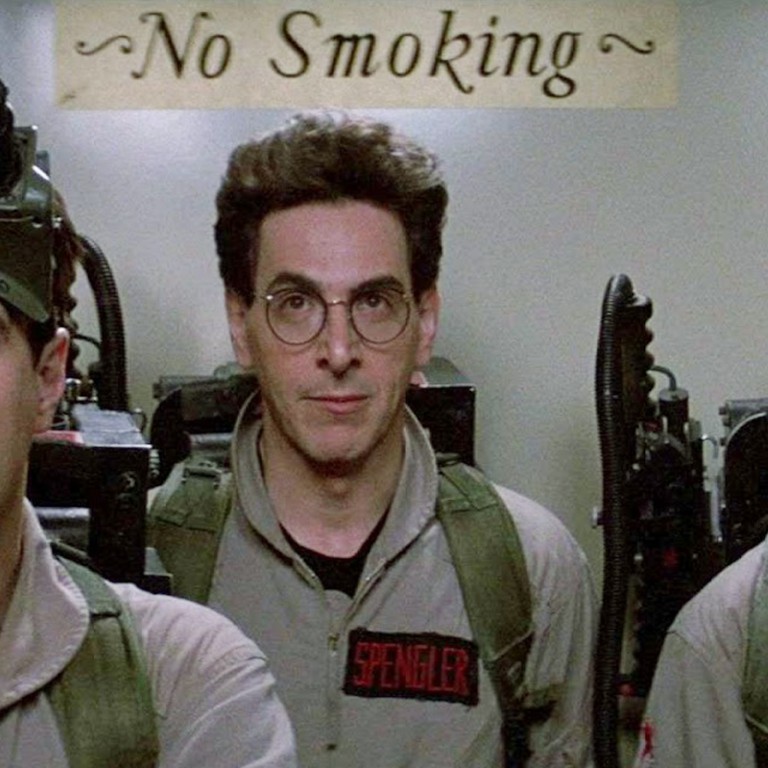
Serious actor-director Harold Ramis leaves a legacy of laughs
Actor-director inspired generation of comedians with hits like Ghostbusters and Groundhog Day
Harold Ramis' early grounding in live comedy led to blockbuster movies such as , and
But he will perhaps be best remembered as one of the three bungling main combatants - alongside Bill Murray and Dan Aykroyd - in the 1984 comedy .
The bespectacled Ramis, who suffered for several years from an autoimmune disease, died at his Chicago home. He was 69.
The writer-director-actor quietly and often off-screen created an unparalleled and hugely influential body of laughs in a filmography that includes some of the most beloved and widely quoted comedy classics of the last 30 years. His death rattled a modern comedy world Ramis helped build.
His legacy as a father figure to generations of comedians was appropriately captured in Judd Apatow's , in which Ramis was cast as Seth Rogen's father, he said, "because we all saw him as the dream dad".
Maybe he now can get the answers he was always seeking
"Harold Ramis made almost every movie which made me want to become a comedy director," Apatow said. "These films are the touchstones of our lives."
Chevy Chase, whom Ramis directed in and , called him "a great man who shunned unnecessary Hollywood-type publicity".
"It was Harold who acted out and gave me the inspiration for the character of Clark Griswold" in the movies, Chase said. "I was really copying Harold's impression of Clark."
Admittedly lacking the dashing leading-man looks of some of his peers, Ramis was memorably nebbishy: curly haired, gangly and bespectacled. He played Ghostbuster scientist Egon Spengler (naturally, the one with all the ideas), and Murray's army recruit buddy in .
But the Chicago native and early member of the improv comedy troupe Second City was a far larger force behind the camera. The intellectual Ramis was the Zen master to a wild, improvising comic storm that included Murray, John Belushi, Chase and Aykroyd.
Ramis could reasonably be credited with making more people roll in the aisles from the late '70s to the early '90s than almost anyone else. "He earned his keep on this planet," Murray said.
Ramis, who became a Buddhist in midlife, was known to have a spiritual pull, on full display in the wry but earnest existentialism of (1993), in which Murray re-lives a day until he finally gets it right. His Second City mate Aykroyd said: "Maybe he now can get the answers he was always seeking."
